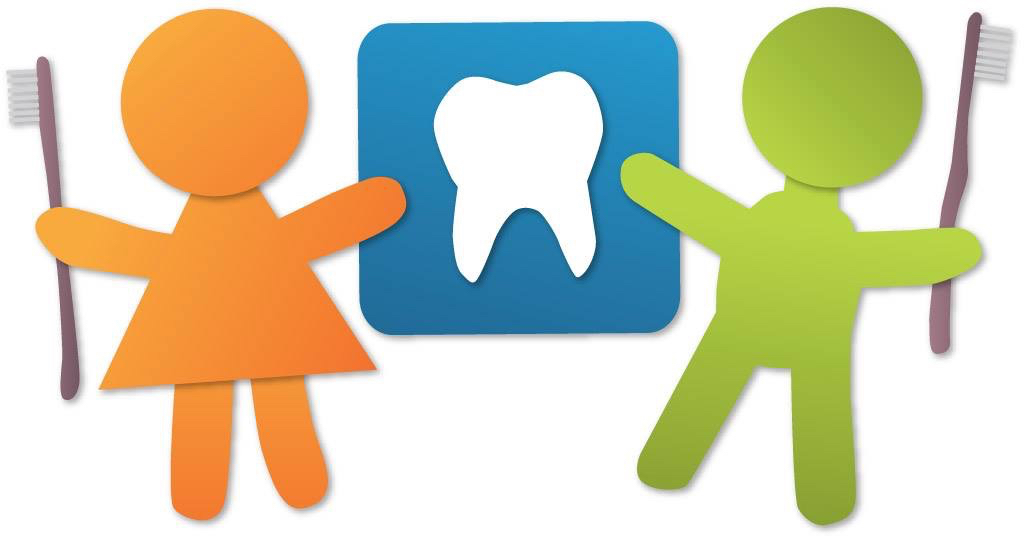Why are baby teeth important?
The baby teeth are very important! They serve a number of important functions. Neglected cavities can and frequently do lead to problems which affect the developing permanent teeth.
Primary teeth are necessary for eating right, correct digestion, and good nutrition. They are important in speech development, providing space for the permanent teeth, guiding the eruption of the permanent teeth, allowing normal development of the jaw bones and muscles, and helping your child feel good about himself or herself. Problems with the baby teeth can also lead to missed school days due to sick days or doctor's appointments. While the front primary teeth last until 5-8 years of age, the back teeth (cuspids and molars) are not replaced until age 9-12.
But They're Just Baby Teeth, Aren't They?
Humans, like most mammals, have two sets of teeth - primary (baby) and permanent (adult). Some people think that primary teeth are not important because they will eventually fall out to make room for adult teeth. On the contrary, primary teeth "hold" space in the jaw for the permanent teeth. They help the child chew, which is essential for a healthy diet. They help the child learn to pronounce words and give structure to the face. By the time a child is born, 20 primary teeth usually have formed inside the gums. The front four teeth typically begin to appear when the baby is between six months and one year. Most children have a set of 20 primary teeth by the time they are three years old.
Unfortunately, tooth decay can begin as soon as the teeth emerge. It is the baby's upper front teeth that are usually affected, but decay can damage other teeth, too. Decay in the primary teeth can cause pain and can harm the erupting permanent teeth that are still growing inside the gums. Even though they're not visible until the child is about six years old, the permanent teeth begin to develop tooth enamel as early as three to four months after birth. Disease can spread to the hidden permanent teeth. And the decay can be associated with general health problems in some children.
If primary teeth are lost prematurely, the emerging adult teeth may shift, resulting in an irregular bite that could require additional treatment. If primary teeth are kept healthy until they're ready to fall out on their own, there is a better chance of the adult teeth erupting in normal alignment.
Doctor Wang, Doctor Perea-Corkish, Doctor Gerodias and the other Doctors of Discovery Pediatric Dentistry make no warranties, expressed or implied, as to any results to be obtained from use of the information on this page. We cannot diagnose or treat patients over the Internet. Information on this site is for educational purposes only. You should not rely on this information as a substitute for personal, medical, and/or dental attention or diagnosis. Without all available information about a patient, it is impossible to make a diagnosis. Help and answers are in the form of general ideas. Only you, your dentist, and other necessary and qualified health care providers can make an appropriate treatment decision in an emergency or for everyday care and dental treatment.
